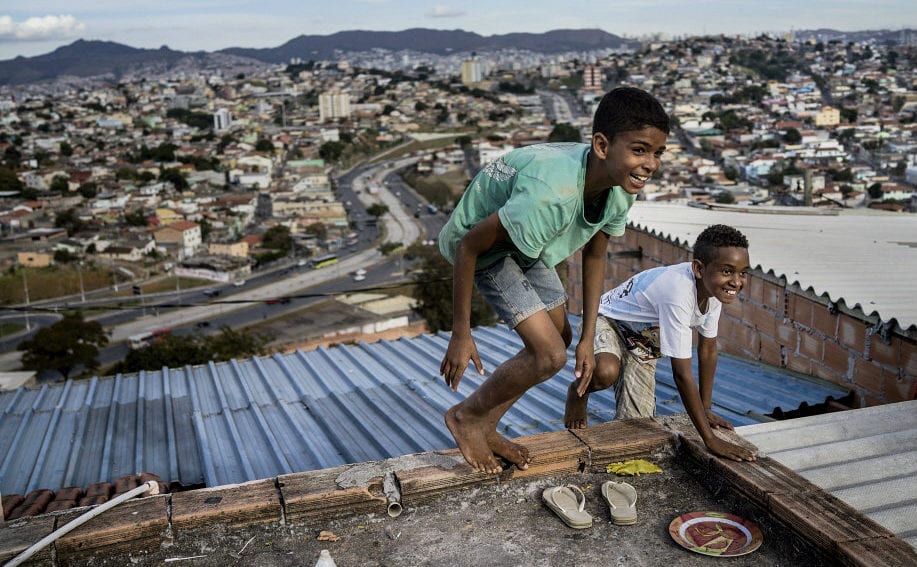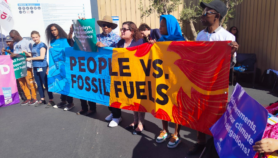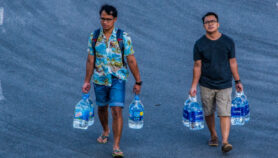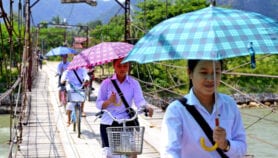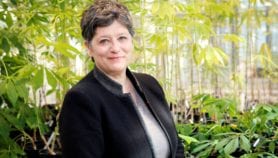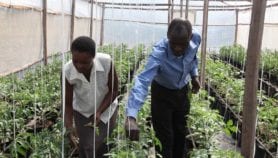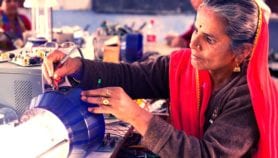By: Jan Piotrowski
Send to a friend
The details you provide on this page will not be used to send unsolicited email, and will not be sold to a 3rd party. See privacy policy.
On a finite planet, sustainability relies on setting ourselves limits. Pressures on biodiversity, ocean acidity, the greenhouse gas concentrations in our air — each of these, if pushed too far, can result in a breaking point: a moment after which irreversible and catastrophic environmental change is increasingly likely.
The growing acceptance of this idea among development policymakers has given scientists a solid platform on which to push for action as the group best placed to define these limits. The two-degree Celsius limit for global warming agreed by world leaders is the most visible fruit.
“Defining a set of social tipping points could energise the social sciences’ contribution to global development.”
Jan Piotrowski
Perhaps, therefore, it is time to expand the concept beyond the physical sciences. That’s an idea I heard last week (22-24 October) at the International Alliance of Research Universities’ Sustainability Science Congress in Copenhagen, Denmark.
“Is it not time we developed a concept of social tipping points?” asked a business leader during the opening session of the conference.
I would tend to agree. After all, who wouldn’t argue that humans and their wellbeing should play a central role in sustainable development? Just as changes to our physical environment can lead to ecosystem collapse, so inequality, lack of education and jobs, and political isolation lead to social instability and suffering, revolution and war.
Defining a set of social tipping points could energise the social sciences’ contribution to global development and give a clear, shared vision as to what they want to achieve through the post-2015 agenda.
Oxfam’s 2012 report A safe and just space for humanity began this process. It proposed 11 pillars of our social foundations, including food and water access, health, education and social equity. But, if the idea is to take off, researchers must now work to define exactly what these mean in practice.
There is often talk of the social sciences being sidelined in development activities and about the need for them to become more integrated with other disciplines. This could be a way to bring them in from the cold.


